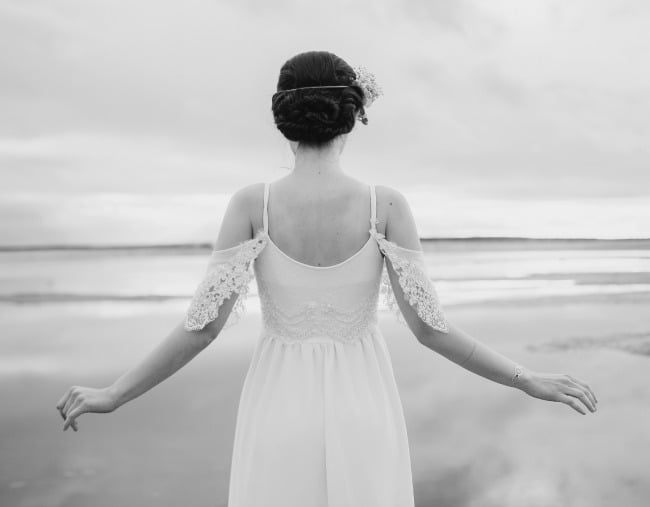
A young woman is on the cusp of death as a procession of strangers passes her door.
It’s urgent. Time is running out.
These people do not know the young woman, but news of her condition has leaked outside the hospital’s walls, and many have come to visit her. They need to make an arrangement with her parents before she passes. Talk of money and grief and celebration springs.
That arrangement made in hospital corridors is a jarring one. Dozens of families from the girl’s rural town in China will try to negotiate what her corpse will be worth.
They want to make the woman a ghost bride.
What is a ghost marriage?
As reported by ABC this weekend, ghost marriages are a 3000-year long tradition that is still practiced across some regions in rural China.
Following on from the belief that the dead continue to live on in the afterlife, and that a truly wholesome life is one of monogamy and commitment, some believe that dying a bachelor or bachelorette is to die in a veil of shame.
And so, for traditionalists in regions like the province of Shanxi, men who die single cannot be buried with their loved ones. As for single women? They cannot be buried at all. That is, until they are wedded posthumously.
Being able to bury deceased loved ones with the rest of the family is, understandably, critically important to those grieving, and so ghost marriages are taken very seriously; some even work as professional “matchmakers”, pairing lost souls together with a cocktail of sadness and relief.

Top Comments
Naked gunman shoots up restaurant, people paying tens of thousands, for corpses of people they don’t know. The world is a crazy place.
No content to limit profiting from women’s bodies while they are alive, patriarchal customs also enable profiteering off a female corpse.